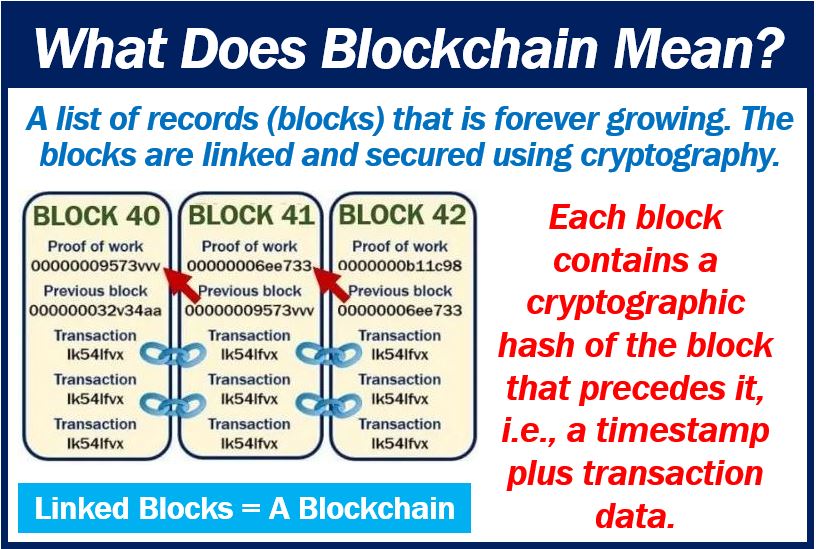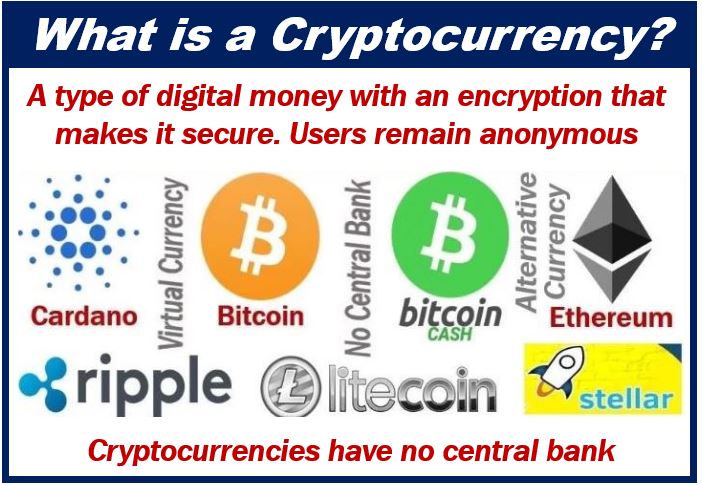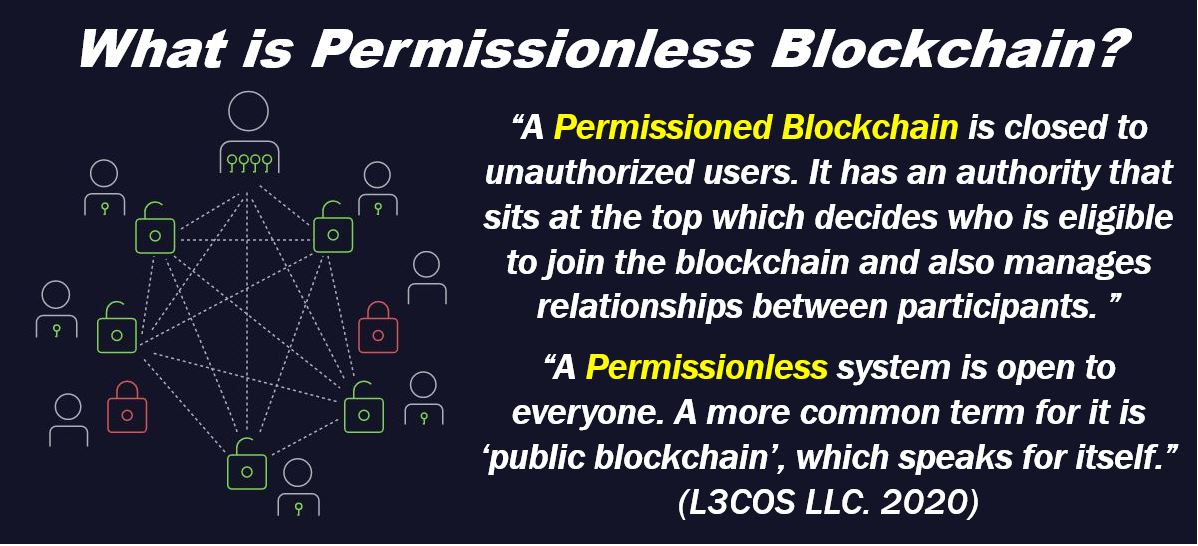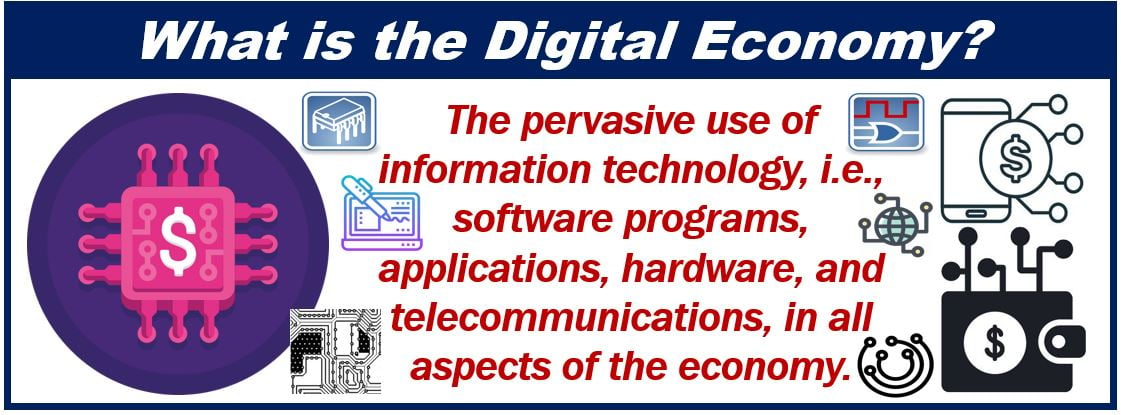So much is uncertain around the world right now with all sorts of industries, sectors, governments and economies in flux as they grapple with the impact of COVID-19. In the world of crypto, we’re seeing prices rally after a major slump at the start of the pandemic. Is this the rally everyone has been waiting for or just another false dawn?

Blockchain technology should be regulated, permissioned, & decentralised
Predicting price movements is virtually impossible but looking ahead at what the future holds for the underlying blockchain technology is worthwhile. This exact topic was covered in a recent thought leadership article called ‘the future of blockchain is regulated, permissioned and decentralised’. In it, Zurab Ashvil, the founder of L3COS, proposes the following analysis:
“Now, blockchain is changing. In this new and exciting era, the biggest realization the world will come to agree on is that blockchain technology can and should be regulated, permissioned and decentralised.”
Cryptocurrencies decentralised, permissionless, & unregulated

On the face of it, this prediction seems like a big change from the status quo that exists today. Right now, the most established and well-known blockchain networks are Bitcoin and Ethereum, which are decentralised but permissionless, and certainly not regulated.
At the same time though, these networks are still something of a niche interest for a core of technologists and financial speculators. As Ashvil points out, blockchain technology isn’t “transforming people’s lives” and this is true, even though a decade has passed since we were first shown its potential. Furthermore, there are some key macroeconomic signals that suggest the path of blockchain may be different in the future to what has happened so far.
For example, we know that governments are increasing their involvement in blockchain and that the regulated use of the technology will become an increasingly important trend. For example, a recent announcement by the Office of the Comptroller of the Currency in the US stated that nationally chartered banks could hold cryptocurrencies on behalf of their clients, signalling the pull of these assets into the mainstream.
Blockchain technology in China
On the other side of the world, China is a good example of how governments are increasing but also regulating the use of blockchain technology. We know that China is deploying blockchain in production in a number of areas and might well have the most advanced plans for its Central Bank Digital Currency or CBDC. These digital currency initiatives are really worth keeping an eye on as more and more central banks investigate using blockchain technology to issue them.
If they do this, it could be a huge catalyst for the technology and it’s certainly not far-fetched to suggest that a regulated, permissioned blockchain would be the option that governments choose.

Permissionless blockchain, where individuals can remain anonymous while interacting on the network, simply would not appeal to a central bank that wants to issue a digital currency for use within its economy. Governments already see cash as an issue when it is used by criminal gangs in a manner that cannot be traced, so surely they wouldn’t want to operate a digital system that allowed similar activities to occur.
Regulated digital economies

What’s really interesting about the system that Ashvil proposes though is the fact that it still remains decentralised at the layers where corporations and individuals interact. In this way, it seems that governments could set up regulated digital economies where society could interact freely and efficiently.
Could this be the blueprint for the future of blockchain technology, with mass adoption being the inevitable outcome? Just like predicting whether the price of a cryptocurrency will go up or down, it is extremely difficult to say. As mentioned, regulated, permissioned and decentralised blockchain seems quite different to what the industry is used to. However the lack of mass adoption so far can’t be ignored and nor can the significant impact that more government involvement in blockchain technology will have.
We will just have to see what effect these increasingly important trends have on the future of blockchain. Change seems inevitable but the nature of that change is much less certain.
Interesting related article: “What are Blocks?”

